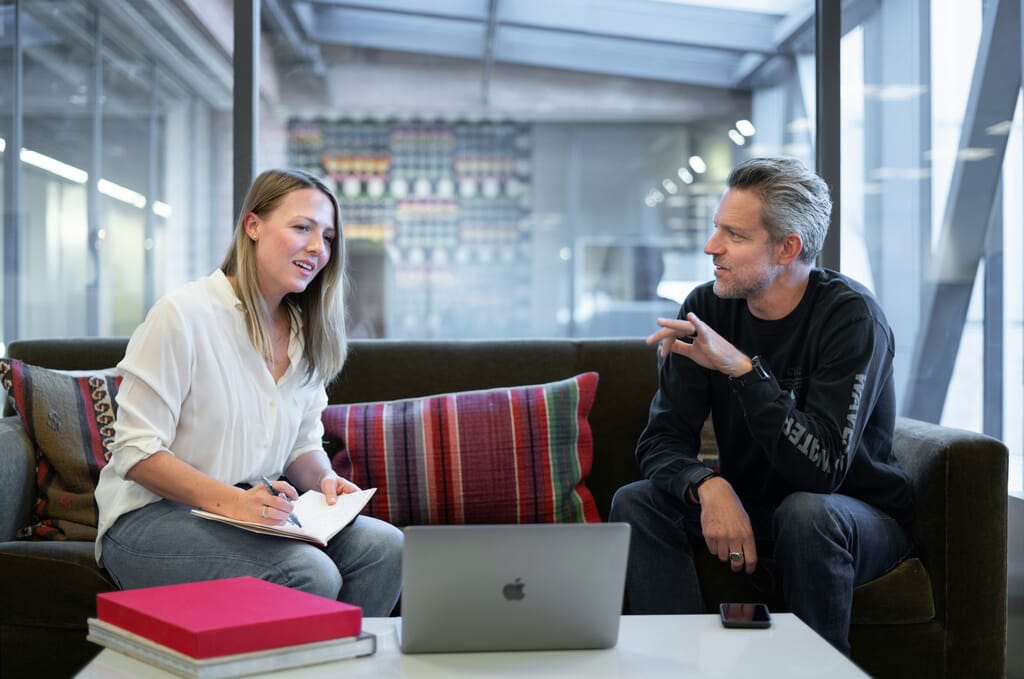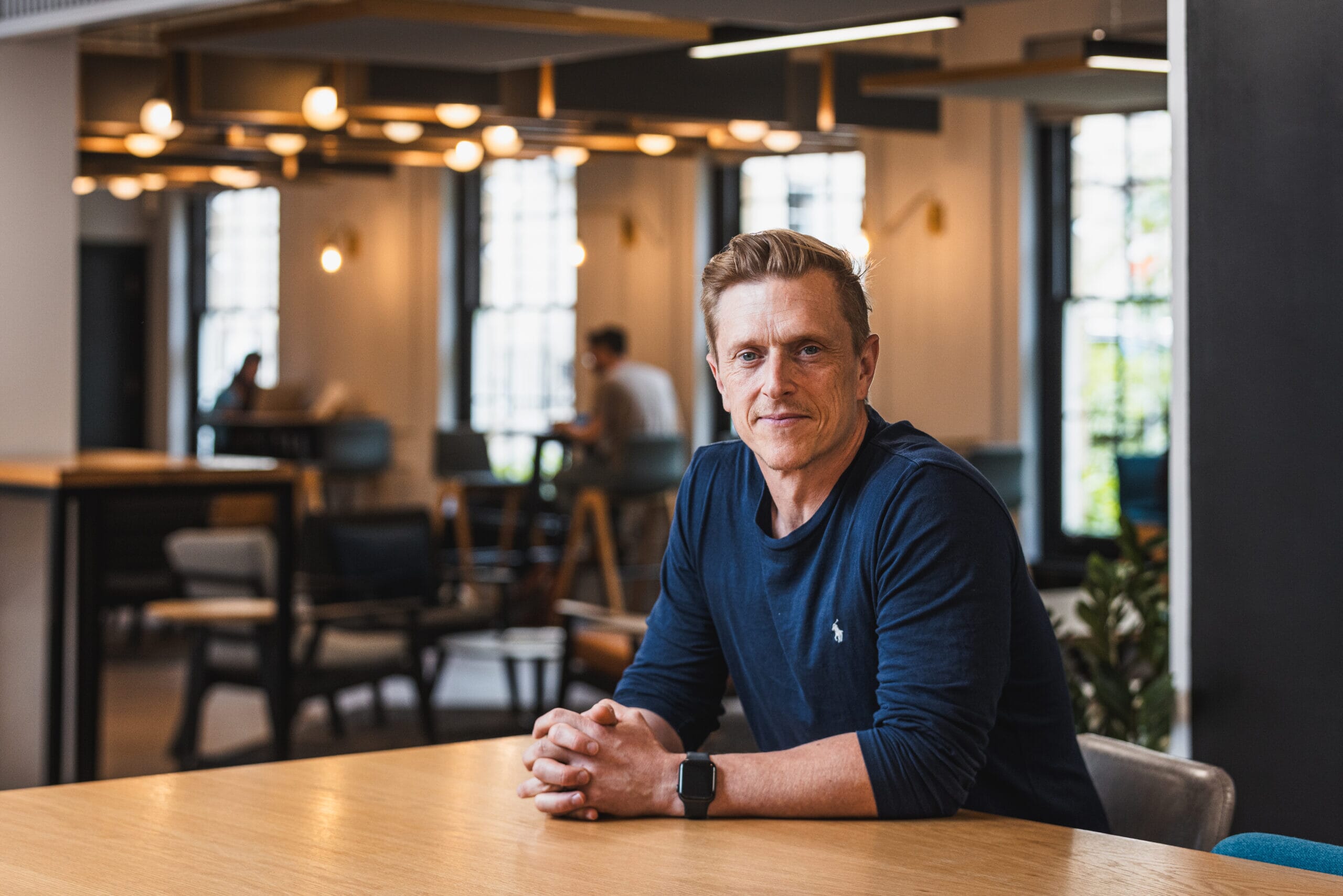Understanding the Value of Multigenerational Teams
Improved Adaptability
In an environment where change is constant, having a variety of skills works to a company’s advantage. Graduates can often bring flexibility and a willingness to try new approaches, while their more experienced teammates can help ensure those changes are implemented in a thoughtful and sustainable way.
This combination of skills enables teams to respond to change with stability, making it easier to adjust quickly and make informed decisions with confidence.

Two-Way Learning Culture
Mentoring is a big part of how graduates grow, but this learning doesn’t only happen one way. We’ve seen experienced professionals benefit from working with more junior colleagues, whether it’s being introduced to new tools or simply seeing a challenge through a fresh lens.
At the same time, graduates gain valuable insight into workplace dynamics, stakeholder management, and decision-making from those with a deeper understanding of how organisations operate. This exchange helps to strengthen teams as a whole.

Different Perspectives for Better Results
When people approach problems from different angles, they’re more likely to find well-rounded solutions. We’ve seen how graduates ask questions that challenge assumptions, while experienced team members offer context that helps avoid missteps.
Together, these different perspectives can help teams to make more informed decisions, consider risks, and uncover opportunities that may be missed.
Confidence with Complex Problems
Another strength of a multigenerational team is how they can handle complexity in the workplace. With a mixture of curiosity, adaptability, and practical experience, these teams can break down complicated problems better and approach them with both innovation and care.
This combination of skills is valuable in environments like Business Change, where navigating uncertainty is part of the job.


Stronger Communication and Collaboration.
Different generations naturally bring different work styles, and while this can require some adjustment, it usually results in clearer communication and improved teamwork. We’ve seen that when teams take the time to understand each other’s working styles, it builds mutual respect and a solid foundation for collaboration. Over time, this promotes empathy and leads to a more cohesive and resilient team.
To sum up…
Bringing together different generations in the workplace isn’t just a nice idea—it’s something that drives real results. We’ve seen graduates contribute meaningfully from their very first project, and we’ve also seen experienced professionals thrive when given the chance to mentor and grow alongside new talent.
For us, building multigenerational teams isn’t about ticking a box. It’s about creating the conditions for better thinking, stronger delivery, and more engaged people—whatever stage they’re at in their career.




